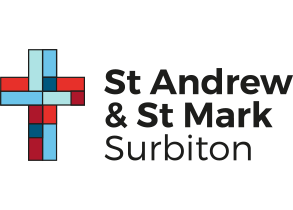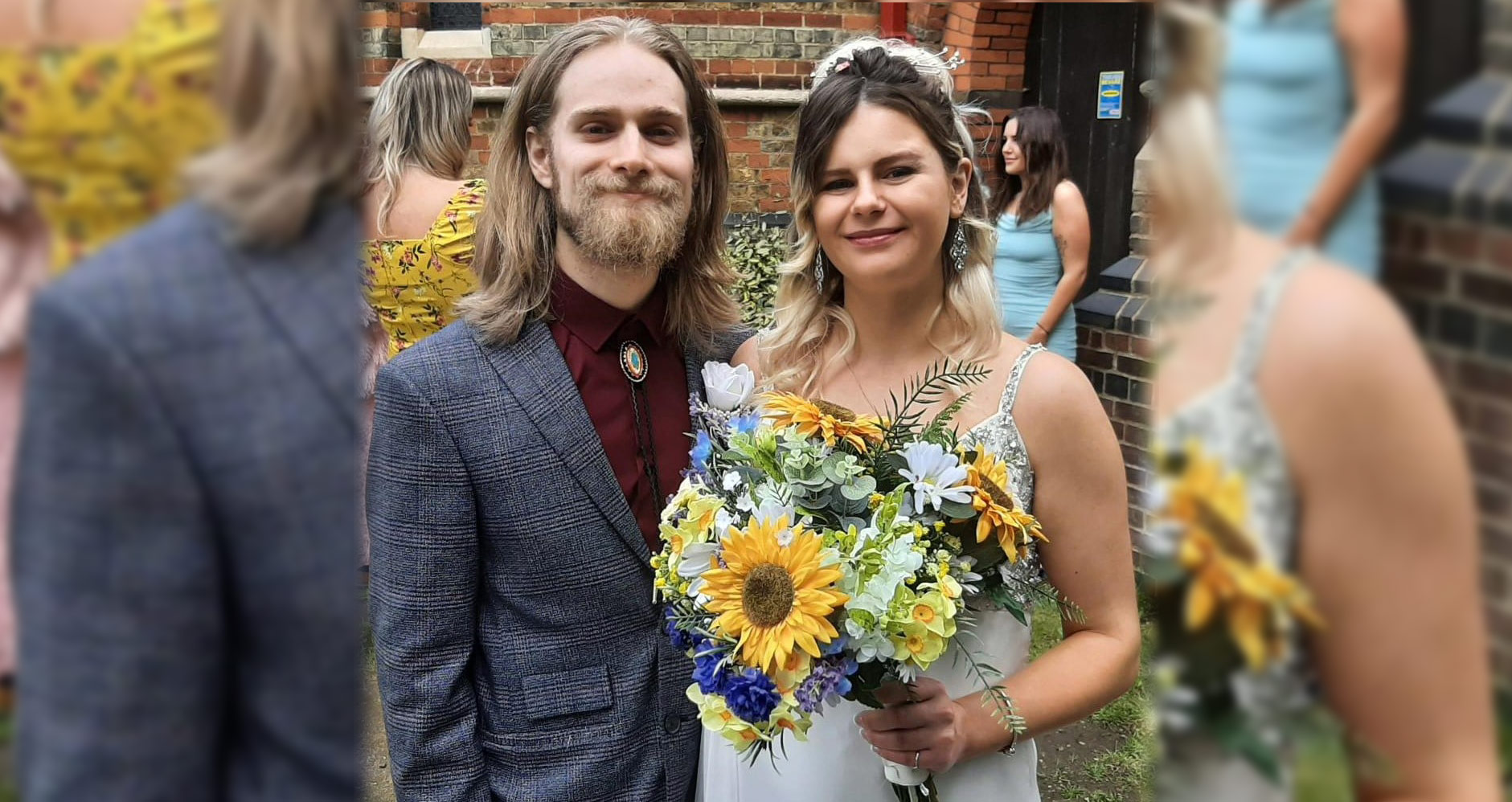Things can vary a little, but this is a guide for a usual timetable for getting married:
Between two years and six months before getting married
- Find someone who is prepared to marry you. (I know, but you’d be surprised…)
- Check to see if you qualify to get married in one of our churches: see steps above
- Make call to parish office (020 8390 9129) or vicarage (020 8399 0639) to arrange visit to meet vicar or curate
- Work out the date you would like to get married
- Decide whether you want to be married at St Andrew’s or St Mark’s: they are both beautiful but in slightly different ways
- Meet with the vicar or curate. You and your partner fill out an ‘Application for Banns’ form with the vicar or curate. You will be given more information about costs and options for the service
- Attend a marriage preparation course. Typically, there is one every September and one every February. Or you could attend a course run by another church.
- Decide whether you want an organist and/or a choir and/or flowers
Three to six months beforehand:
- Do the marriage preparation course if you haven’t been able to do it before.
- Meet with the Director of Music, typically after a service on Sunday morning, to decide on your music choices.
Our lead director of music is Simon Harvey: simonharvey2017@gmail.com
You can choose pieces for the organist and/or choir to play. You may also choose music from CDs to plug into our audio-visual system.
- Decide on whether or not you want a choir, and decide on what anthems you would like them to sing.
- Decide on which Bible reading you will want to have read during the service. Using yourchurchwedding.org can help.
Two months beforehand
- Confirm your colour scheme with the person who is looking after your flowers. You should also confirm your budget for this.
For St Mark’s, please contact Anne Barker on 020 8399 4078
For St Andrew’s, please contact Jackie Page on 020 8942 3906
A month to two weeks beforehand
Agree order of service with vicar or curate.
Get that order of service printed.
In the week beforehand
- Pay all the fees
- Attend a rehearsal, typically at 6pm one or two days before the wedding ceremony. If relevant, this is also when you show the ‘banns form’ from the other church. The sort of people we would like to attend that rehearsal are: bride, groom, at least one bride’s maid, father of the bride (if you’d like him leading you in), best man. We can also welcome anyone else, but those five are the key people.




